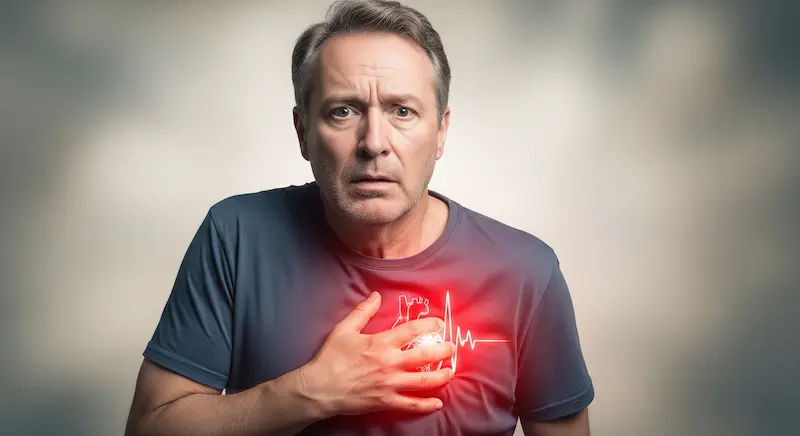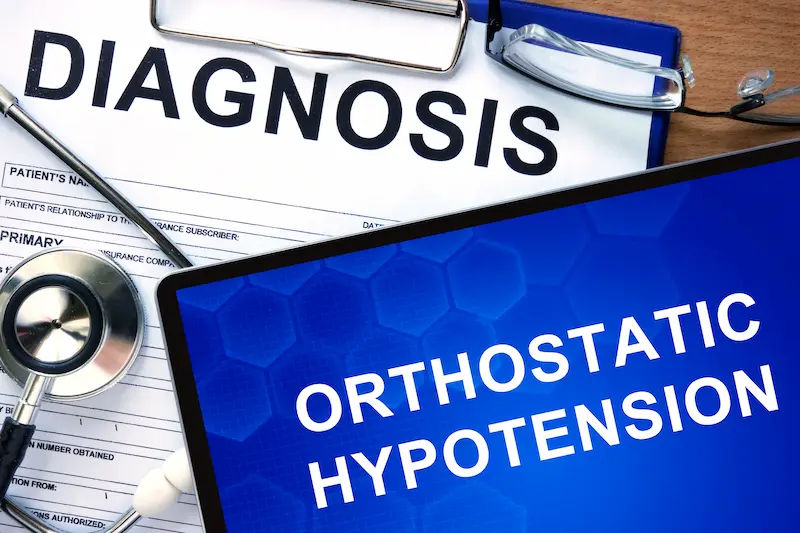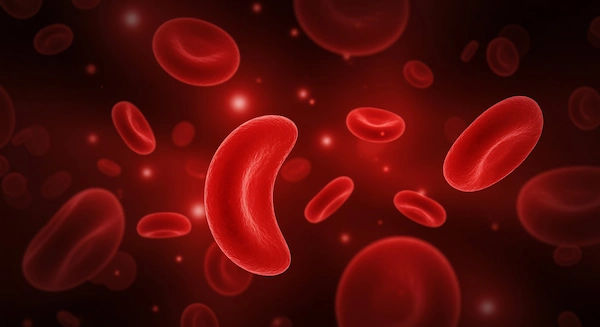- Male
- 28 Years
- 07/02/2025
I'm really confused about my cholesterol levels. I just found out they're very high, even though I'm pretty active and do heavy workouts every day. I'm 76 kg and 173 cm tall. I thought exercising regularly would help, but my cholesterol still isn't going down. Can someone explain why this might be happening or what I should consider doing next?
Answered by 1 Apollo Doctors
In addition to exercise, it's important to focus on your diet and possibly consider medication to help lower your cholesterol levels. I recommend you start taking Atorvastatin 20mg once daily. This medication will help lower your cholesterol levels and reduce the risk of heart disease. Remember to continue your exercise routine and follow a healthy diet to further improve your cholesterol levels.
Dr. Kareemulla Suggests...
Consult a Cardiologist
Answered 04/07/2025
0
0

More Cardiology Health Queries
View allI'm experiencing heart palpitations for the past nine months and have been feeling uneasiness on the left side of my rib cage for the last 34 days. Almost every day, I get this sudden, strong or late heartbeat sensation that really stuns me when it happens. It's making me quite uncomfortable. What might be causing this?
ecg and cardiac markers are advised to the pt.
Answered by 1 Apollo Doctors
I'm 22 years old and my blood pressure is 160100. I know I'm obese, could that be causing the high BP? I'm trying to lose weight now.
your obesity is likely contributing to your high blood pressure (HBP), as excess weight can increase blood vessel resistance, cardiac output, and sodium retention; losing weight through a combination of diet, exercise, and lifestyle changes can help lower your BP, aim for a 5-10% weight loss to start
Answered by 1 Apollo Doctors
I'm a 41-year-old guy and I've been dealing with this chest pain on my left side along with some breathing issues for about 20 days now. I had an ECG and Stress Echo, and both came out normal. I'm really confused about what could be causing this pain since it's been going on for so long. Can you recommend any medications or maybe some other tests that might help figure out what's going on? I'd really appreciate any guidance you can offer.
do a chest xray
Answered by 1 Apollo Doctors
Disclaimer: Answers on Apollo 247 are not intended to replace your doctor advice. Always seek help of a professional doctor in case of an medical emergency or ailment.


.webp)


